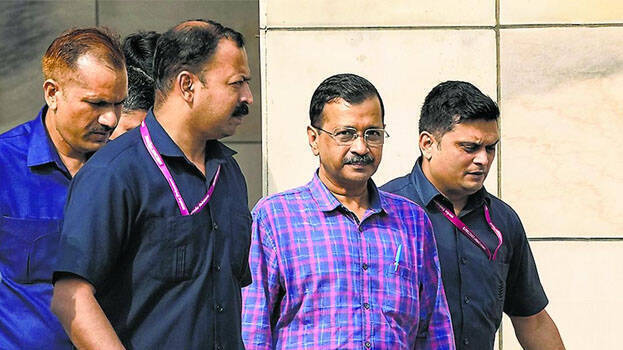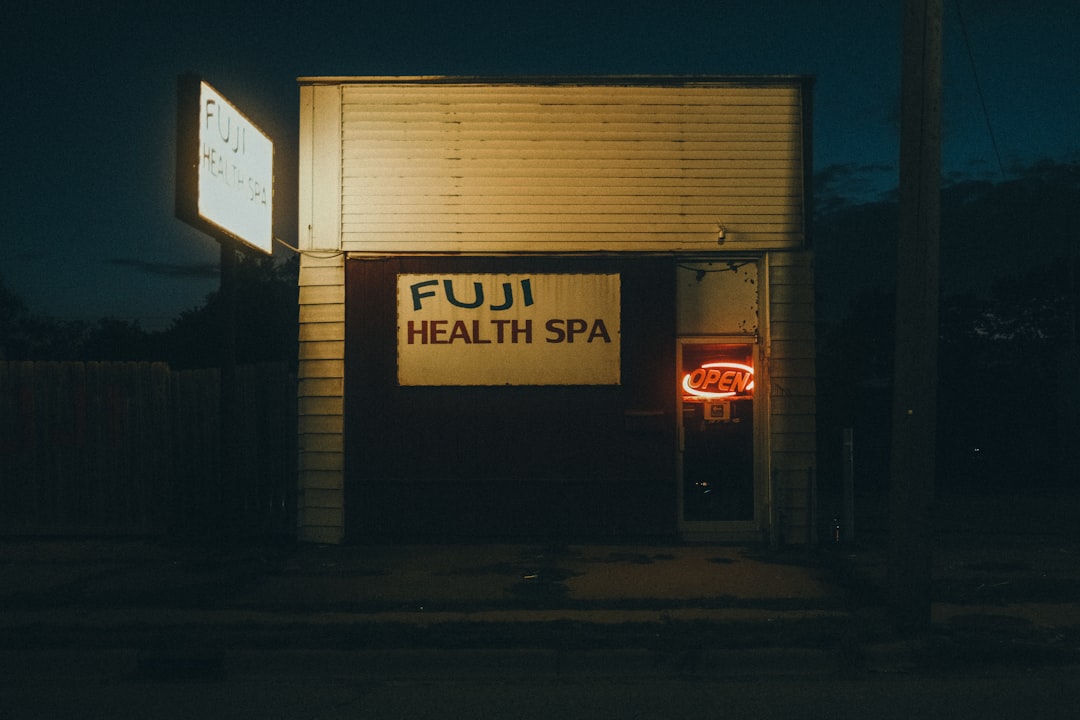Trump v. United States

Trump v. United States
High Court Flashes Contention with Administering on Official Invulnerability
The High Court of the US lighted a firestorm of discussion today with a 6-3 choice in the exceptionally expected case, Trump v. US. The case fixated on the subject of previous President Donald J. Trump’s resistance from criminal arraignment for moves made while in office. The court, partitioned along philosophical lines, decided for Trump, conceding him outright insusceptibility for acts considered to be inside the “external border” of his official power.
The Case at the Focal point of the Tempest
The fight in court originated from a government prosecution gave against Trump following his takeoff from the White House. The prosecution claimed a progression of likely wrongdoings, including effort finance infringement and check of equity. Trump’s lawful group, drove by troublemaker lawyer Michael Cohen, contended that as a previous president, he was totally resistant from criminal indictment for any demonstrations embraced during his term.
The Court’s Thinking: A Safeguard or a Tricky Slant?
Equity Clarence Thomas, composing for the larger part, contended that exposing previous presidents to criminal indictment would make a “chilling impact” on the capacity of presidents to practice their chief power. The court recognized the potential for maltreatment of force, however battled that current governing rules, like prosecution and expulsion from office, were adequate protections.
In any case, the disagreeing judges, drove by Equity Elena Kagan, laid out a far more hopeless picture. Their searing contradiction contended that the choice successfully puts the president exempt from the rules that everyone else follows. They cautioned that the decision could encourage future presidents to participate in crime unafraid of lawful repercussions, possibly dissolving the actual groundworks of American majority rules government.
A Country Isolated: Responses and Repercussions
The choice is probably going to worsen the profound political divisions inside the US. Trump’s allies are praising the decision as a justification, seeing it as a triumph against a “witch chase” coordinated by his political opponents. They contend that the choice reestablishes the pride and power related with the administration.
Then again, Trump’s doubters consider the decision to be a hazardous point of reference. Legitimate researchers caution of the drawn out suggestions for the American arrangement of governing rules. They contend that the choice debilitates law and order and subverts the rule that nobody, not even the president, is exempt from the laws that apply to everyone else.
Vulnerabilities and Waiting Inquiries
While the Court has managed on Trump’s invulnerability, the more extensive inquiry of official responsibility stays agitated. The Court’s perspective didn’t address whether the thinking would apply to future presidents or to expected common claims against previous presidents.
Furthermore, the Equity Division can in any case seek after charges against Trump for moves made external the extent of his authority obligations. For instance, the division could proceed with examinations concerning potential transactions that might have disregarded crusade finance regulations or expense codes.
A Crucial Crossroads in American History
The High Court’s choice in Trump v. US is a milestone administering with sweeping results. The case makes certain to be bantered into the indefinite future, molding the eventual fate of official power and responsibility. The court’s choice has lighted a pivotal discussion about the harmony between chief power and law and order, leaving the country wrestling with the subject of how to guarantee that even the most influential person in the nation is considered responsible for their activities
Source: Aljazeera
Also Read: Chappell Roan biography: A Journey of Triumph and Tribulation in the Music World










2 thoughts on “Trump v. United States”